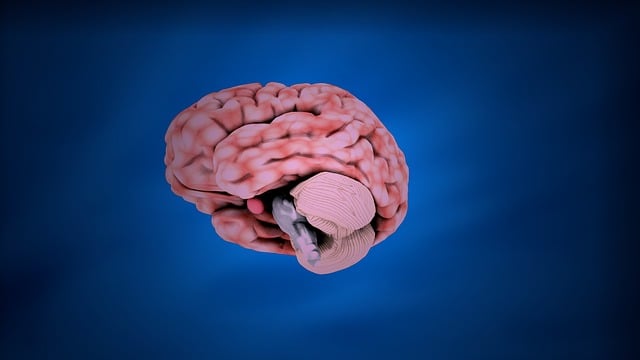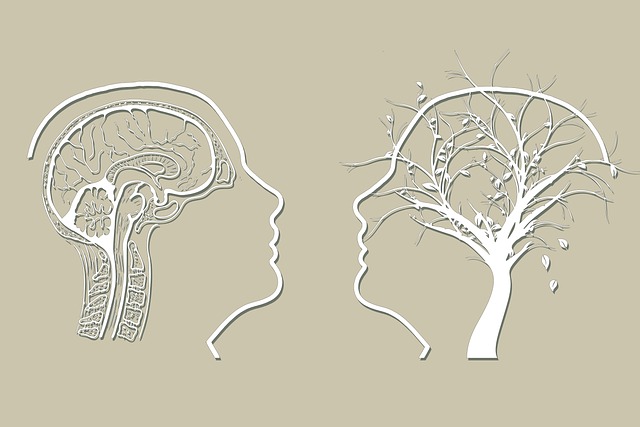Crisis intervention strategies focused on young adults involve immediate stabilization techniques and emotional regulation support. Cognitive Processing Therapy (CPT) is an evidence-based approach that targets negative thought patterns associated with trauma, improving emotional resilience through mindfulness meditation. Cultural sensitivity in mental healthcare ensures tailored support for diverse youth, while integrating CPT with coping skill development addresses short-term crisis needs and long-term well-being. Fostering resilience through therapy and education empowers young adults to navigate challenges effectively, promoting sustained recovery.
In today’s fast-paced world, understanding crisis intervention strategies is crucial for supporting young adults facing mental health crises. This comprehensive guide delves into essential aspects of crisis intervention, including foundational knowledge and specialized therapies like Cognitive Processing Therapy (CPT). We explore practical strategies for effective intervention while fostering resilience and long-term healing. Key sections cover therapy for young adults, CPT’s role in unlocking coping mechanisms, and best practices for navigating these challenging situations.
- Understanding Crisis Intervention: A Foundation for Support
- Therapy for Young Adults: Navigating Mental Health Crises
- Cognitive Processing Therapy: Unlocking Coping Mechanisms
- Practical Strategies for Effective Crisis Intervention
- Fostering Resiliency and Long-Term Healing
Understanding Crisis Intervention: A Foundation for Support

Understanding crisis intervention is crucial when it comes to offering support to young adults grappling with life’s challenges. It involves immediate and targeted strategies to help individuals stabilize during acute distress, with a focus on cognitive processing and emotional regulation. Crisis intervention isn’t just about short-term relief; it sets the foundation for long-term healing by empowering individuals to manage future crises effectively.
One evidence-based approach gaining traction in mental healthcare is Cognitive Processing Therapy (CPT), which helps young adults make sense of traumatic or overwhelming experiences, challenge negative thoughts and beliefs, and develop healthier coping mechanisms. Beyond therapy, Community Outreach Programs and cultural sensitivity play a vital role in crisis intervention. Implementing these programs ensures that support reaches diverse communities, considering individual backgrounds and needs. Cultivating compassion within the healthcare system further strengthens interventions by fostering an environment of understanding, empathy, and non-judgmental care.
Therapy for Young Adults: Navigating Mental Health Crises

Young adults facing mental health crises require tailored interventions that address their unique needs and challenges. Therapy for young adults plays a pivotal role in crisis intervention, offering specialized support to help them navigate turbulent emotions and thoughts. Cognitive Processing Therapy (CPT) is an effective evidence-based approach for this demographic, focusing on identifying and challenging negative thought patterns and improving emotional regulation skills. CPT empowers young adults to understand the connection between their thoughts, feelings, and behaviors, fostering healthier coping mechanisms.
Incorporating cultural sensitivity in mental healthcare practice is essential when working with diverse young adult populations. Understanding cultural contexts influences the effectiveness of therapy. For instance, integrating Mindfulness Meditation techniques can enhance stress management skills, as these practices have been shown to reduce anxiety and depression among this age group. By combining therapeutic methods with a focus on Cultural Sensitivity in Mental Healthcare Practice and incorporating techniques like Mindfulness Meditation, professionals can ensure comprehensive and culturally responsive care for young adults in mental health crises.
Cognitive Processing Therapy: Unlocking Coping Mechanisms

Cognitive Processing Therapy (CPT) is a highly effective approach tailored to assist young adults navigating crises and challenging life events. This therapy focuses on understanding and modifying negative thought patterns, providing powerful tools for coping with stress and trauma. By unraveling cognitive distortions, CPT empowers individuals to challenge unhelpful beliefs and replace them with more adaptive ones. This process not only enhances emotional resilience but also fosters a deeper sense of self-compassion, crucial for long-term well-being.
Within the framework of CPT, compassion cultivation practices play a pivotal role in stress reduction methods. Through mindfulness meditation, young adults learn to observe their thoughts and emotions without judgment, cultivating a non-reactive mindset. This practice allows them to develop effective coping strategies, such as reappraising stressful situations and engaging in grounding techniques, enabling better management of crisis intervention scenarios.
Practical Strategies for Effective Crisis Intervention

In crisis intervention, where every moment counts, practical strategies are key to effectively supporting individuals in distress. One evidence-based approach that has shown promise, especially for young adults, is Cognitive Processing Therapy (CPT). CPT focuses on helping clients understand and reframe their thoughts during a crisis, promoting healthier cognitive patterns and coping mechanisms. This therapy facilitates self-esteem improvement by challenging negative thought processes, empowering individuals to better navigate stressful situations.
Additionally, fostering resilience through the development of coping skills is integral to crisis intervention. Strategies such as mindfulness exercises, relaxation techniques, and problem-solving training equip young adults with tools to manage crises independently. These practices align with broader mental health policy analysis and advocacy efforts, highlighting the importance of accessible interventions tailored to this demographic. By integrating CPT and coping skill development, professionals can offer comprehensive support that addresses both the immediate crisis and long-term mental well-being.
Fostering Resiliency and Long-Term Healing

Fostering resiliency is a key aspect of crisis intervention strategies, aiming to empower individuals to overcome challenges and achieve long-term healing. For young adults, Cognitive Processing Therapy (CPT) has proven effective in treating trauma and post-traumatic stress disorder (PTSD). CPT focuses on helping clients identify and challenge distorted thinking patterns, thereby reducing the impact of traumatic memories. By processing these experiences cognitively, individuals can develop healthier coping mechanisms and a more adaptive perspective.
In conjunction with therapy for young adults, mental health education programs design plays a crucial role in depression prevention and stress management. Equipping young adults with knowledge about mental health promotes self-awareness and encourages proactive measures to maintain well-being. These programs often include learning techniques for stress reduction, resilience-building strategies, and skills to recognize the signs of mental health issues early on. Such education empowers them to navigate life’s challenges more effectively and seek support when needed, fostering a foundation for sustained recovery and improved overall mental health.
Crisis intervention is a multifaceted approach, particularly crucial in supporting young adults navigating mental health crises. By integrating strategies like Cognitive Processing Therapy (CPT) and practical techniques, we can enhance our ability to help them unlock coping mechanisms and foster resiliency. While the article has provided foundational knowledge, ongoing training and adaptation to individual needs are essential for effective crisis intervention. Remember that with the right guidance, we can ensure young adults receive the support they need to heal and thrive.











